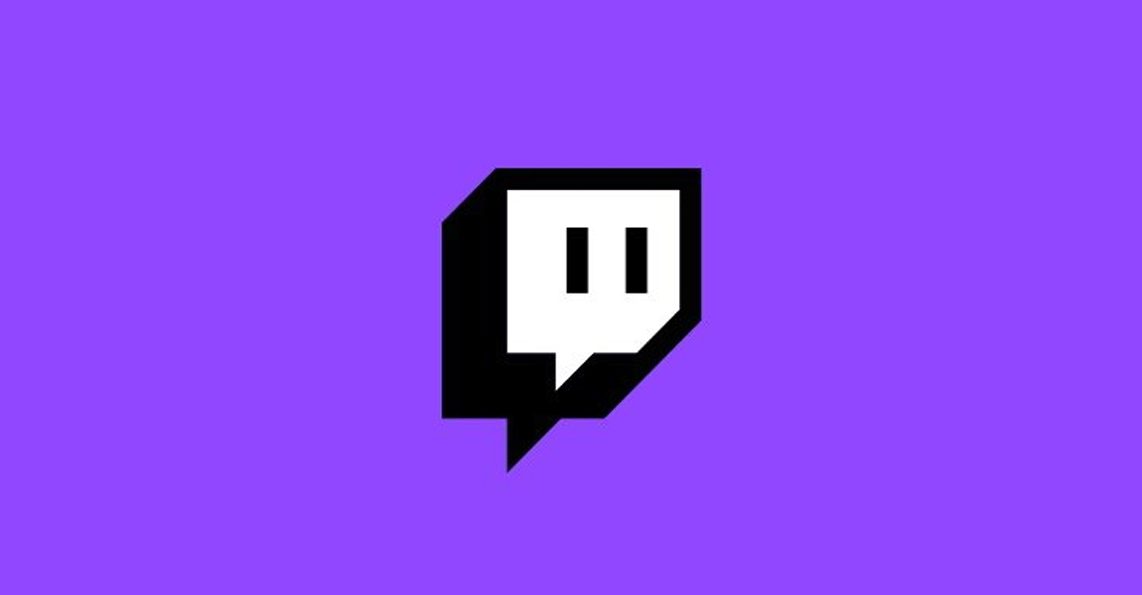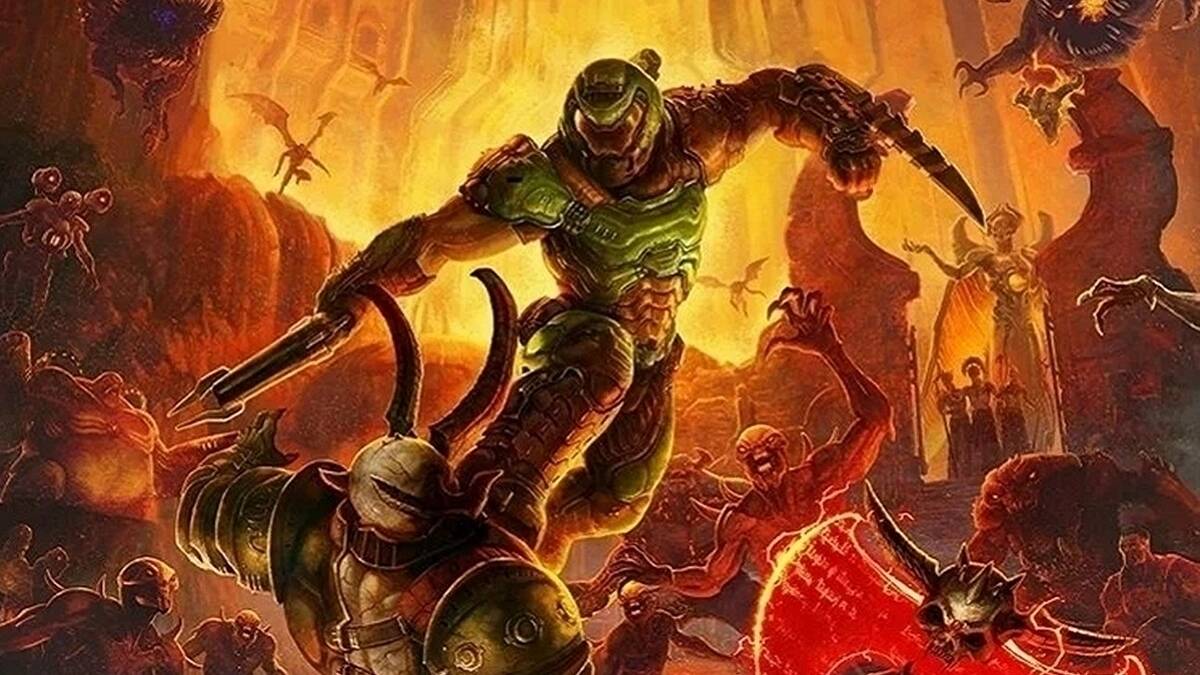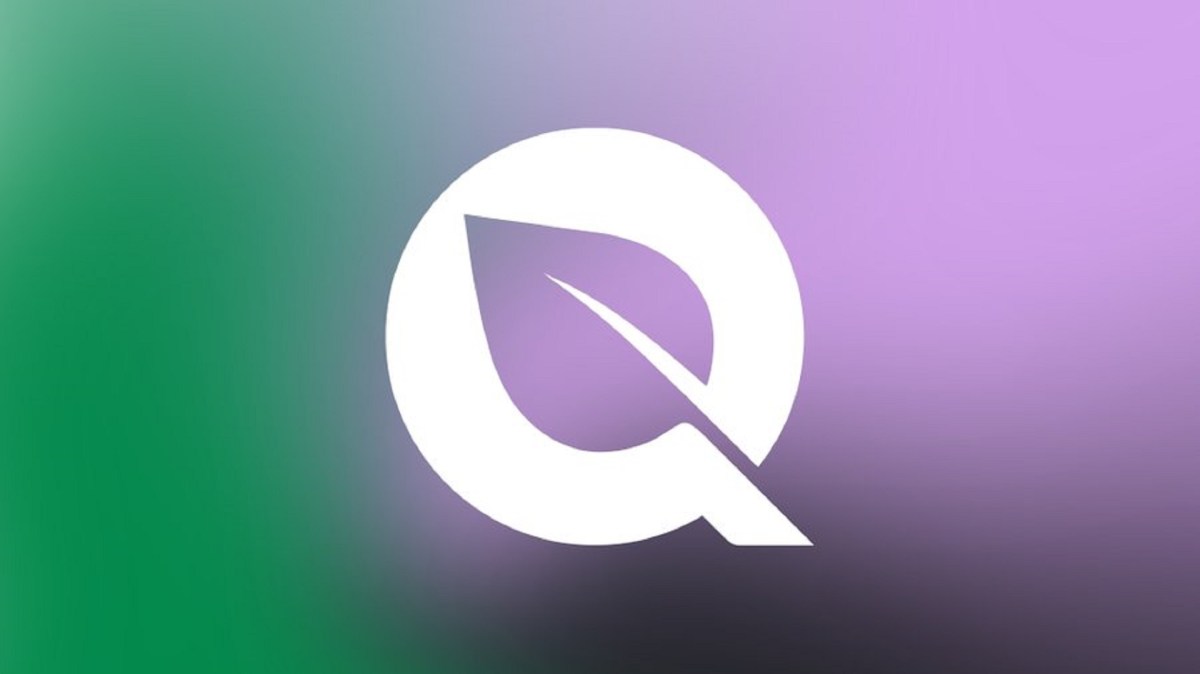There has been a growing problem between content creators and the streaming giant Twitch. Earlier this year, thousands of Digital Millennium Copyright Act (“DMCA”) notifications were sent to streamers on Twitch. Each strike comes with a threat of losing a video, or if there are enough strikes, an entire channel. In a comprehensive blog post, Twitch addresses a number of concerns surrounding the latest round of DMCA notifications and what content creators can do to avoid it in the future.
Your frustration and confusion with recent music-related copyright issues is completely justified. Things can–and should–be better for creators than they have been recently. The next few tweets will outline our plan for being better partners to creators. https://t.co/Ebk1rFlBOM pic.twitter.com/fiFitaZgD5
— Twitch (@Twitch) November 11, 2020
Turns out the best solution is to stop playing music.
Tuning out the silence might be harder on Twitch
Before May of this year, streamers on Twitch received fewer than 50 music-related DMCA notifications each year. Once May hit, major record labels sent thousands of DMCA notifications weekly. These notifications targeted the content creator’s archives, hitting snippets of older clips. More than 99% of notifications are for content that had music playing in the background of the stream.
Twitch recommends two things to help creators: stop playing music creators don’t own and to delete any VODs and Clips that potentially have music in them.
As part of Twitch’s efforts to comply with DMCA laws and other similar laws globally, they must monitor copyright strikes and issue warnings. Accounts that repeatedly have strikes against them are banned. Twitch states that this is to “respect the rights of all creators, including those who create or record music, as well as the rights of those who own and control copyrights.”
Twitch will continue to remove content that receives DMCA notifications, but is now working to make the process better for creators. For the time being, Twitch will pause processing strikes on older VODs and Clips and will be giving creators new tools, tips, and time to address any issues.
How to prevent DMCA notifications moving forward?
Unless the streamer holds all rights to the music being played, DMCA notifications will likely continue much like they have been. Thankfully there are some steps creators can take to fill the silence in their streams. Twitch has a whole rights-cleared music tool to help creators called Soundtrack by Twitch. Other music libraries include Soundstripe, Monstercat Gold, Chillhop, Epidemic Sound, and NCS.
Moving forward, Twitch has three main targets to work towards for the near future. First up, giving creators better management over archived content and an expanded system to detect copyrighted audio. Next, Twitch wants to make it easier for creators to control what music is actually recorded. Finally, Twitch will work on giving streamers the ability to review allegedly infringing content.
“We are actively speaking with the major record labels about potential approaches to additional licenses that would be appropriate for the Twitch service,” said Twitch. “That said, the current constructs for licenses that the record labels have with other services (which typically take a cut of revenue from creators for payment to record labels) make less sense for Twitch. The vast majority of our creators don’t have recorded music as a part of their streams, and the revenue implications to creators of such a deal are substantial. We’re open-minded to new structures that could work for Twitch’s unique service, but we must be clear that they may take some time to materialize or may never happen at all.”
In order to help more creators navigate the stressful world of copyright claims and DMCA strikes, Twitch is taking steps to further help streamers. A “Copyright and Your Channel” Creator Camp page breaking down the DMCA notification process and more steps streamers can take to avoid strikes is now live. Starting Nov. 18, Twitch will host the first of four Creator Camp live sessions covering topics like DMCA Overview, Musicians on Twitch and DMCA, and Copyright & Managing Your Twitch Content. These sessions will have input from internal and third party experts with more sessions coming in the future.








